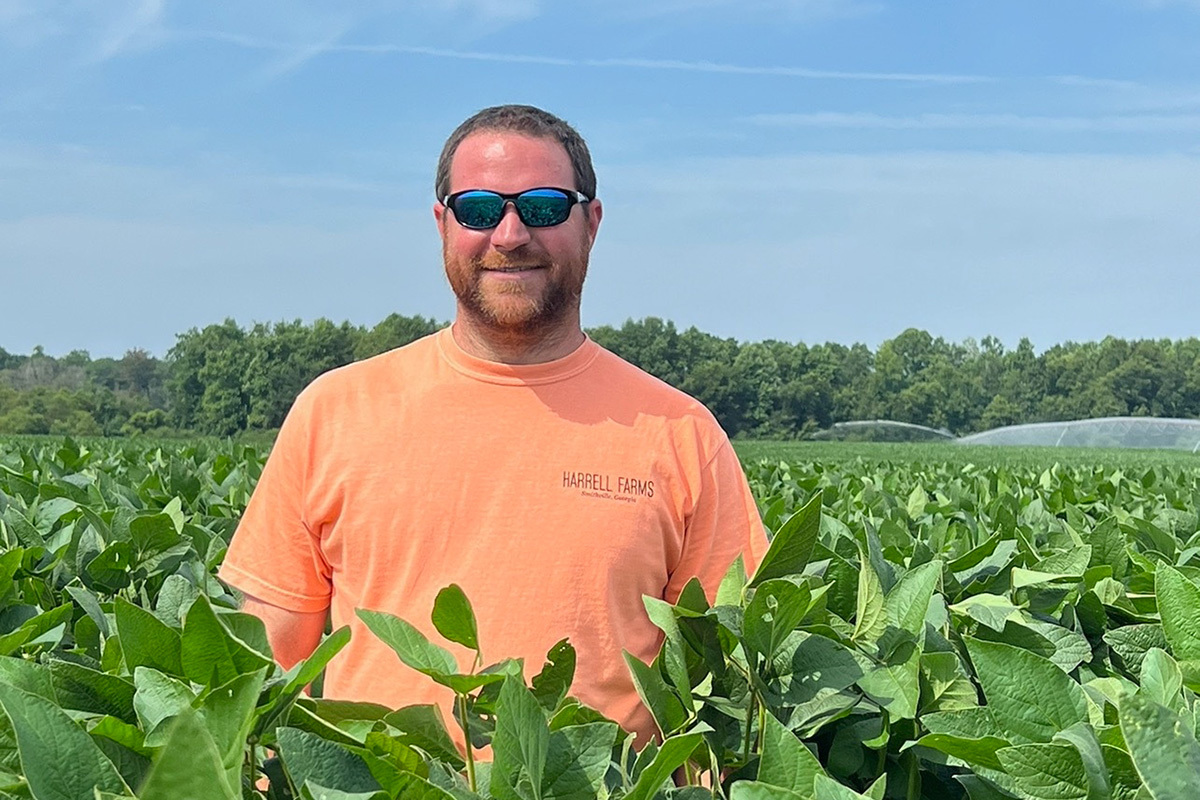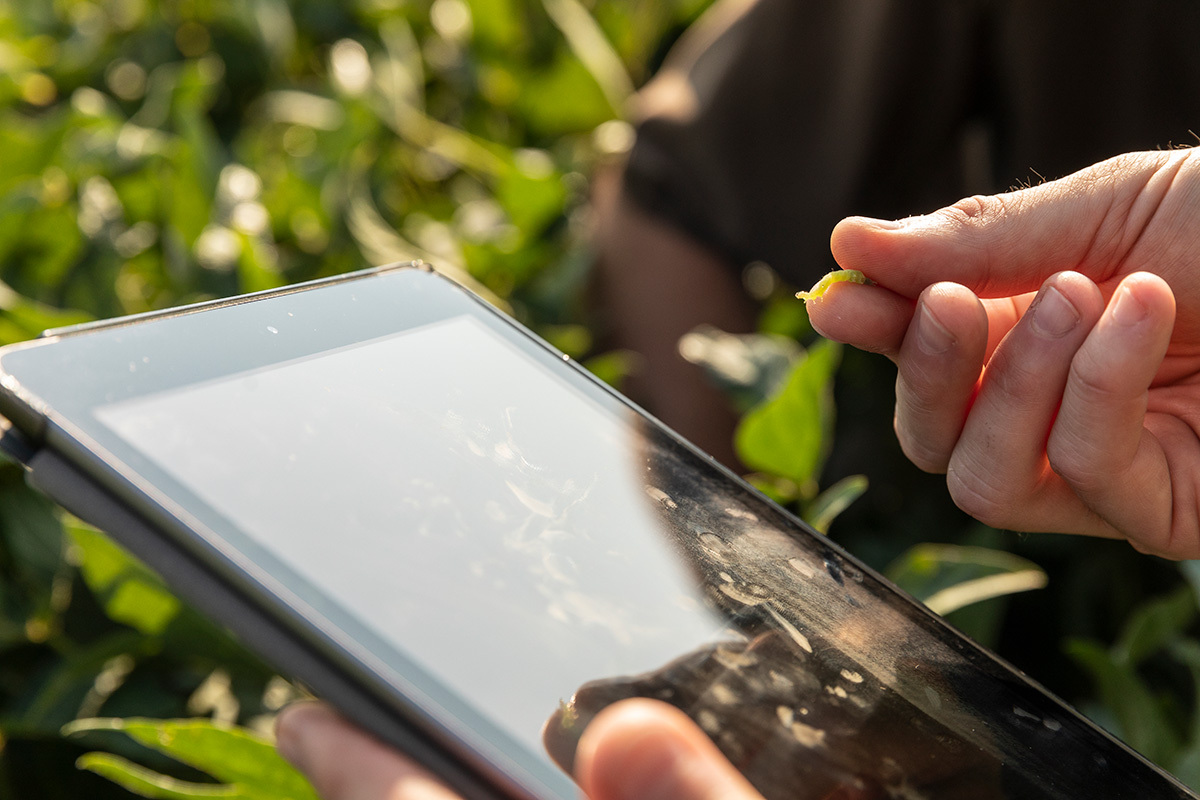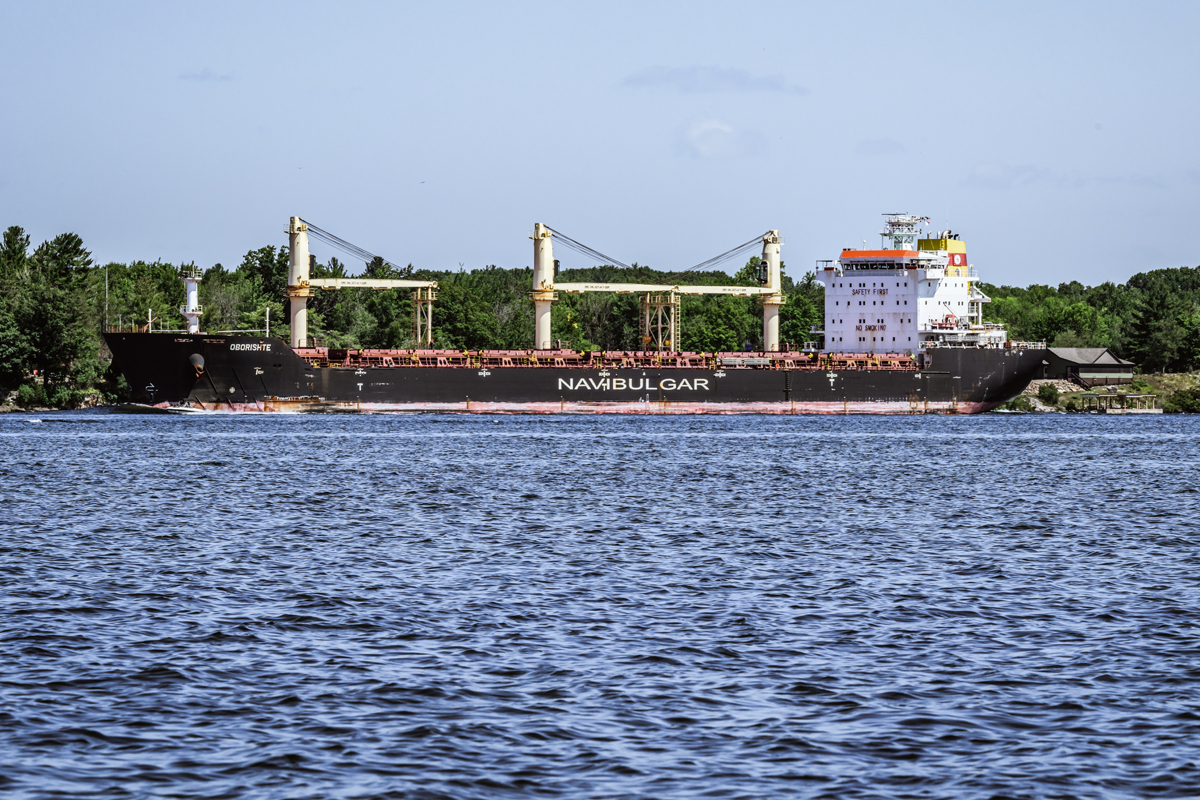Small Changes, Big Impact
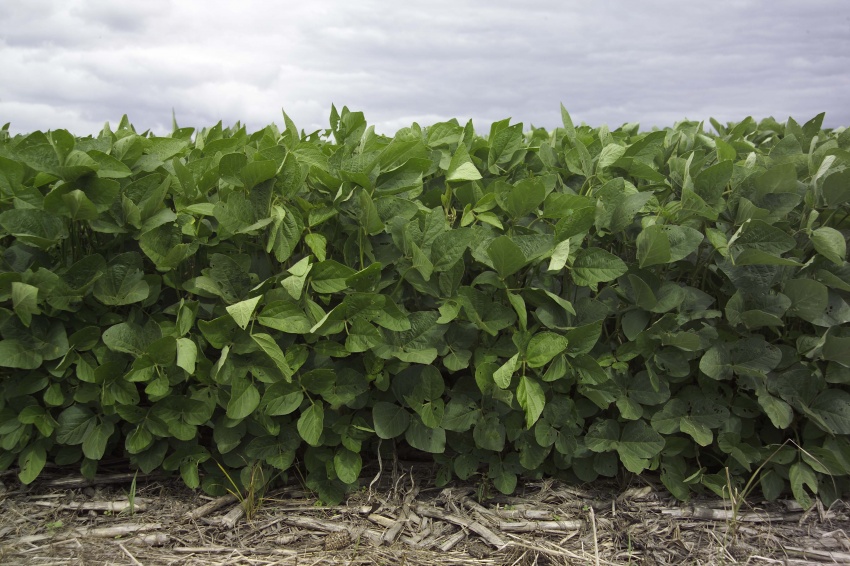
Exploring the economic benefits of sustainable farming
The majority of U.S. soybean farmers practice sustainable farming methods. While these practices may vary, farmers across the country are realizing economic benefits alongside environmental benefits from those methods – and often find that even small changes can make a big impact.
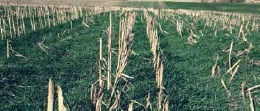
Despite original expenses, sustainable farming pays off because it promotes both short-term and long-term economic success. By saving fuel, minimizing waste and calculating precise inputs now, farmers are making resources last and thus benefiting themselves financially. Additionally, through implementing these practices, farmers are answering the customer demand for sustainability, therefore creating relationships to ensure profitability long into the future.
Larry Marek, soy checkoff farmer-leader from Iowa, and his sons, Brad and Tim, have been practicing sustainable methods on their century-old family farm, Marek Land and Livestock, for decades.
“Though some extra initial costs do exist, the returns outweigh those additional input costs,” Marek says. “We are experimenting with ways to keep our farm sustainable, as our customers and end users are going to demand that of us.”
Marek’s sustainable practices include implementing filter strips for nutrient run-off management, grassed waterways, cover crops, terraces, minimum till and no-till farming. He has used cereal rye as a cover crop for almost 20 years and has practiced no-till with soybeans for more than 30 years.
Marek says that practicing no-till has saved fuel, equipment, soil and time. For example, practicing no-till means fewer trips through the field, which adds up to fuel savings and less equipment wear.
The bottom line? Just that: sustainable methods can improve a farmer’s bottom line over time, increasing overall profitability.
“Our goal is to pass this land to the following generations in better shape than we found it,” Marek says. By doing so, he is on track to put dollars back in his pocket, too.

